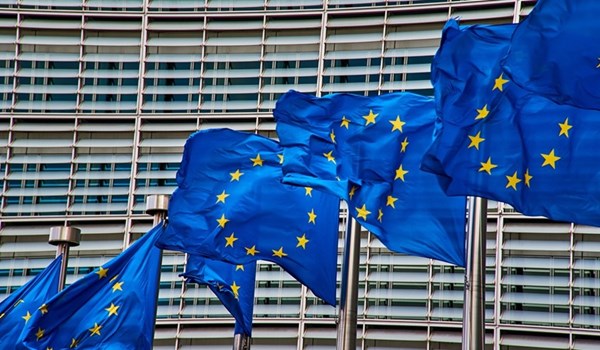Jurisdictions
Regions
Industry Sectors
17/10/23
EU: Council adopts directive to boost cooperation between national taxation authorities (DAC8)

As published on: consilium.europa.eu, Tuesday 17 October, 2023.
Today, the Council adopted a directive amending EU rules on administrative cooperation in the area of taxation. The amendments mainly concern the reporting and automatic exchange of information on revenues from transactions in crypto-assets and on advance tax rulings for the wealthiest (high-net-worth) individuals.
The aim of the Directive is to strengthen the existing legislative framework by enlarging the scope for registration and reporting obligations and overall administrative cooperation of tax administrations.
Additional categories of assets and income, such as crypto-assets, will now be covered. There will be a mandatory automatic exchange between tax authorities of information which will have to be provided by reporting crypto-asset service providers. So far, the decentralised nature of crypto-assets has made it difficult for member states’ tax administrations to ensure tax compliance. The inherent cross-border nature of crypto-assets requires strong international administrative cooperation to ensure effective tax collection.
This directive covers a broad scope of crypto-assets, building on the definitions that are set out in the regulation on markets in crypto-assets (MiCA). Also those crypto-assets that have been issued in a decentralised manner, as well as stablecoins, including e-money tokens and certain non-fungible tokens (NFTs), are included in the scope.
Background and next steps
On 7 December 2021, the Council indicated in its report to the European Council on tax issues that it expects the European Commission to table in 2022 a legislative proposal on further revision of the directive 2011/16/EU on administrative cooperation in the field of taxation (DAC), concerning exchange of information on crypto-assets and tax rulings for wealthy individuals.
On 8 December 2022 the Commission presented a proposal for a Council directive amending directive 2011/16/EU on administrative cooperation in the field of taxation (DAC8). The key objectives of this legislative proposal are the following:
to extend the scope of automatic exchange of information under DAC to information that will have to be reported by crypto-asset service providers on transactions (transfer or exchange) of crypto-assets and e-money. Expanding administrative cooperation to this new area is aimed at helping member states to address the challenges posed by the digitalisation of the economy. The provisions of DAC8 on due diligence procedures, reporting requirements and other rules applicable to reporting crypto-asset service providers will reflect the Crypto-Asset Reporting Framework (CARF) and a set of amendments to the Common Reporting Standard (CRS), which were prepared by the OECD under the mandate of the G20. The G20 endorsed the CARF and the amendments to CRS, both of which it considers to be integral additions to the global standards for automatic exchange of information
to extend the scope of the current rules on exchange of tax-relevant information by including provisions on exchange of advance cross-border rulings concerning high-net-worth individuals, as well as provisions on automatic exchange of information on non-custodial dividends and similar revenues, in order to reduce the risks of tax evasion, tax avoidance and tax fraud, as the current provisions of DAC do not cover this type of income.
to amend a number of other existing provisions of DAC. In particular, the proposal seeks to improve the rules on reporting and communication of the Tax Identification Number (TIN), in order to facilitate the task of tax authorities of identifying the relevant taxpayers and correctly assessing the related taxes, and to amend DAC provisions on penalties that are to be applied by member states to persons for the failure of compliance with national legislation on reporting requirements adopted pursuant to DAC.
On 16 May 2023, the Council reached an agreement on its position regarding amendments to the directive.
The European Parliament adopted its opinion on the directive 13 September 2023 under the consultation procedure.
The directive was adopted by member states in the Council, by unanimity. It will now be published in the Official Journal and enter into force on the twentieth day following that of its publication.



